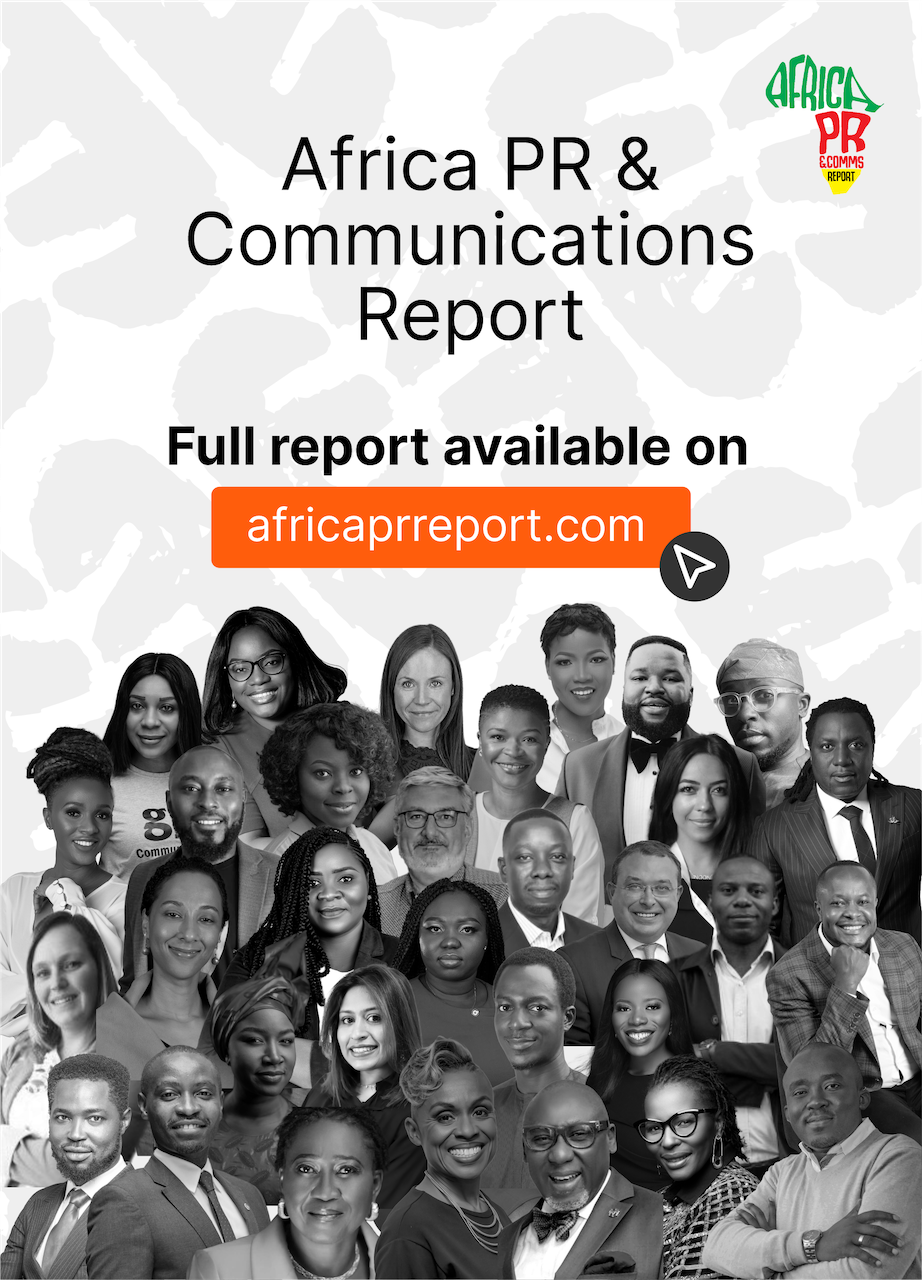Working closely with medical doctors does not make you one of them. You may have learnt a bunch of things from your interactions with them but you cannot ignore the amount of education and research that comes with the practice. The same applies to the field of PR and Communications.
For the past three years, I have in some way or the other worked with PR and Communications professionals and over the past year, that work relationship has deepened. My work as a bridge between the core PR and editorial teams has led many colleagues to mistake me for a PR practitioner. As noble and interesting as it might be, the experience has armed me with knowledge and skills far beyond what most regular copywriters or brand communications specialists possess.
Let me take you back to a few years ago. As a mass communication student specialising in broadcast media, I was one of those who thought Public Relations is a career path reserved for those who love the glitz and glamour of events or enjoy meeting new people. My perception of PR has however changed since I got the opportunity to be more involved in the core of the profession.
So here are a few things I’ve learnt:
PR is a Lifestyle
Unlike the typical 9 to 5 jobs, working in PR requires you to go above and beyond to help your clients consistently look good. As a result, even when you are not working, you unconsciously find yourself: sniffing around the news for mentions of your client/campaign, thinking about strategic activities worth exploring for ungoing or future projects, and more.
Whether you’re a newbie in PR and comms or a writer like myself who sits with PR pros to brainstorm creative ideas and brand storytelling angles for campaigns, it is pertinent to always bring in your ‘A’ game when relating with clients as they are less interested in your level of expertise and are more about getting their expectations met, if not surpassed.
Timelines Will Save You
Working in PR and Comms has reinforced my obsession with time management and planning. Since everyone’s role is sort of intertwined, there’s a need to lay out specific timelines and deadlines for every activity assigned to both the PR team and other units involved in the campaign execution. With the rapid rate at which things change when handling PR projects/campaigns, I have learnt to fix due dates before the latest acceptable date for any activity. This way, my team is able to deliver right on time and in some cases, just before it’s too late.
Be Proactive or Fail
Aside from having a checklist for virtually every campaign or project, proactively determining what activity or task must be executed in the course of your campaign will go a long way to save you from failing slightly or woefully. Working with PR professionals has taught me that no matter how many successful campaigns one might have executed throughout their career, it is very possible to miss out the tiniest detail that can make or mar an entire campaign. A kind reminder and proactive action from team members is always welcome.
Automating Work Processes
New briefs come in every time and they are somewhat different from each other. This comes with the advantage of being versatile but creating a to-do list hardly goes as planned. It might be impossible to achieve all that you set out to do daily, however, having a structured process to handle individual tasks can help speed up the execution of activities.
Give Context or Stay Confused
This is applicable to every job role but when it comes to working with PR Pros and senior C-suite executives, I have learnt to give the necessary context when asking questions or confirming my next line of action. I constantly remind myself that they deserve a background or summary of a previous conversation if what I am discussing at the moment is in any way related. Similarly, if I give them more ‘relevant’ information to make a decision or respond to a question, we get to save everyone’s time. So to get the best out of your boss or colleague in PR, stop saying just ‘hello’ and expecting a response to your greeting before spilling out your reason for reaching out to them.
Finally, setting unrealistic expectations as a PR practitioner is one of the fastest ways to stop yourself from excelling in this profession. While you put in every effort to execute successful campaigns, you must expect the best and prepare for the worst. As we join PR and Comms professionals around the world to commemorate World PR Day on July 16, remember that we have an important job before us and every campaign is a new opportunity to learn and be remarkable at what we do.



This is so beautifully written. I like the flow and how you express your thoughts connecting the dots, it was such a smooth read.
Thanks Enime!